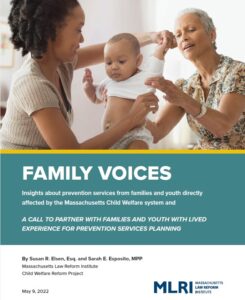MLRI staff regularly write and disseminate policy papers, reports and other publications on issues impacting economic, racial and social justice for low-income people.
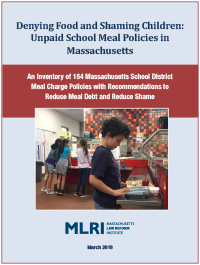

Denying Food and Shaming Children: Unpaid School Meal Policies in Massachusetts
A study by MLRI finds that the policies of many Massachusetts school districts towards families with unpaid school meal debt can be punitive towards children in low income households. “Unpaid school meal debt is increasingly a common problem for school districts, for families and students throughout Massachusetts and the nation,” said Patricia Baker, MLRI’s Senior Policy Analyst and author of the study. “But policies that deny children a hot meal or punish them or their siblings for meal debt leads to bad educational outcomes for the Commonwealth as a whole and humiliation for these kids in particular. Schools can do much more to feed students, reduce meal debt and communicate directly with parents.”
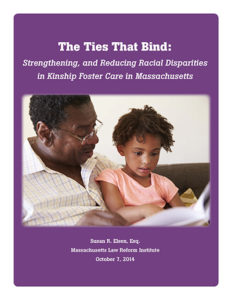

The Ties that Bind
This report addresses how Massachusetts can reform specific policies to advance its commitment to kinship foster care and achieve a higher number of good kinship placements, especially for children of color.
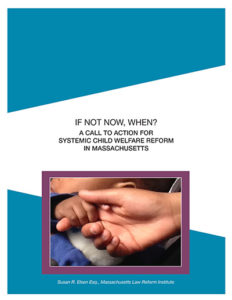

If Not Now, When?
If Not Now, When? lays out a blueprint and a set of recommendations that outline how Massachusetts can regain its position as an innovator in promoting child welfare, and how it can reconfigure its programs and services to best serve fragile families and children.
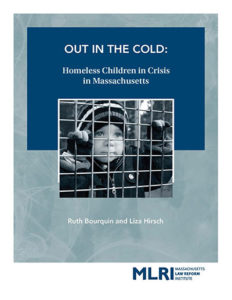

Out in the Cold: Homeless Children in Crisis in Massachusetts
This report highlights the adverse impacts of restrictions on eligibility to emergency shelter for homeless families with children—including, e.g., forcing homeless children to stay in places not meant for human habitation, shifting cost burdens to the Commonwealth’s health care system, and forcing vulnerable families to resort to unsafe and destabilizing irregular housing practices—and makes recommendations to fix the most urgent problems.

